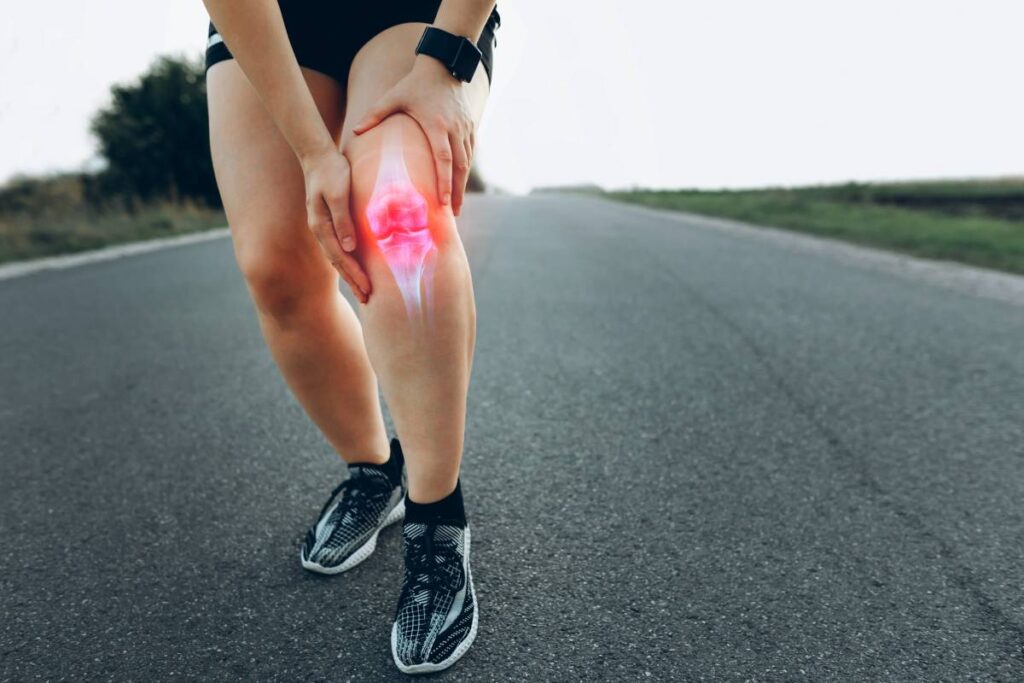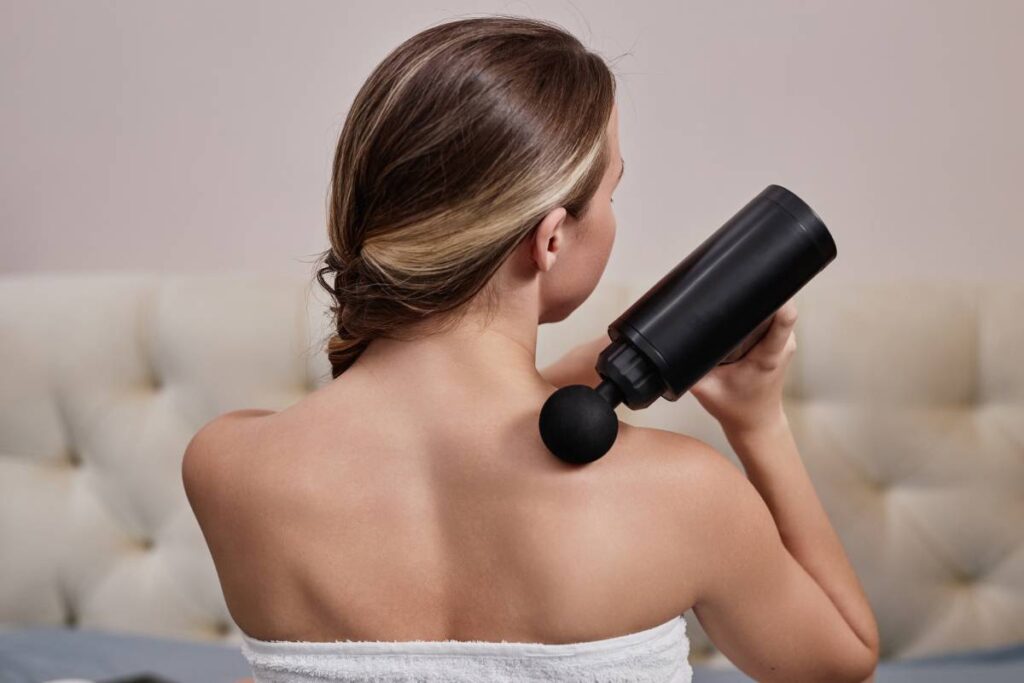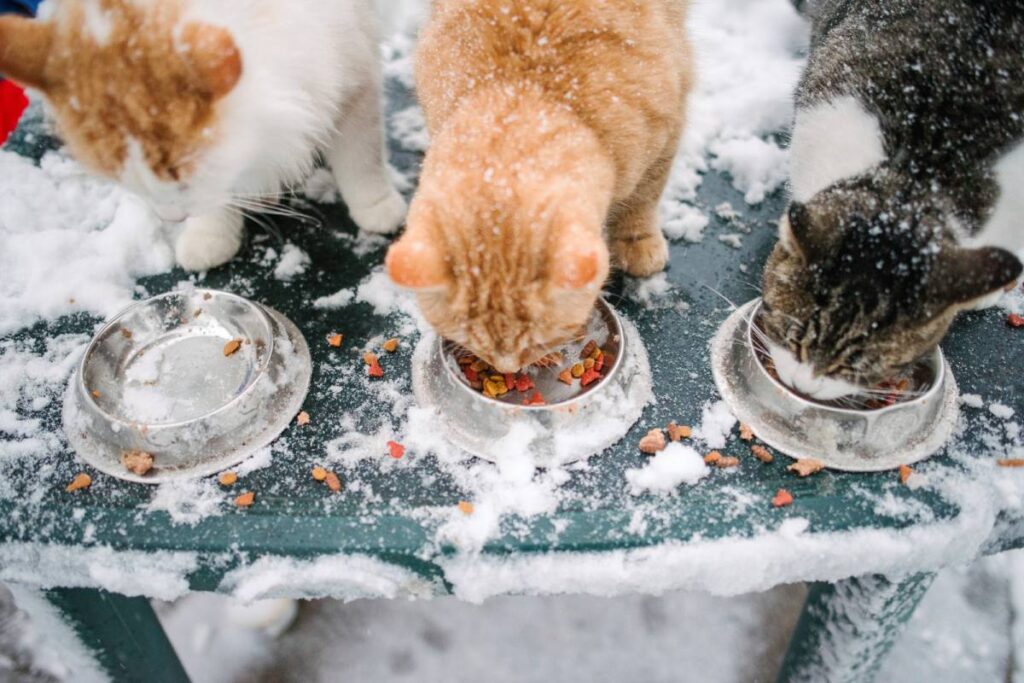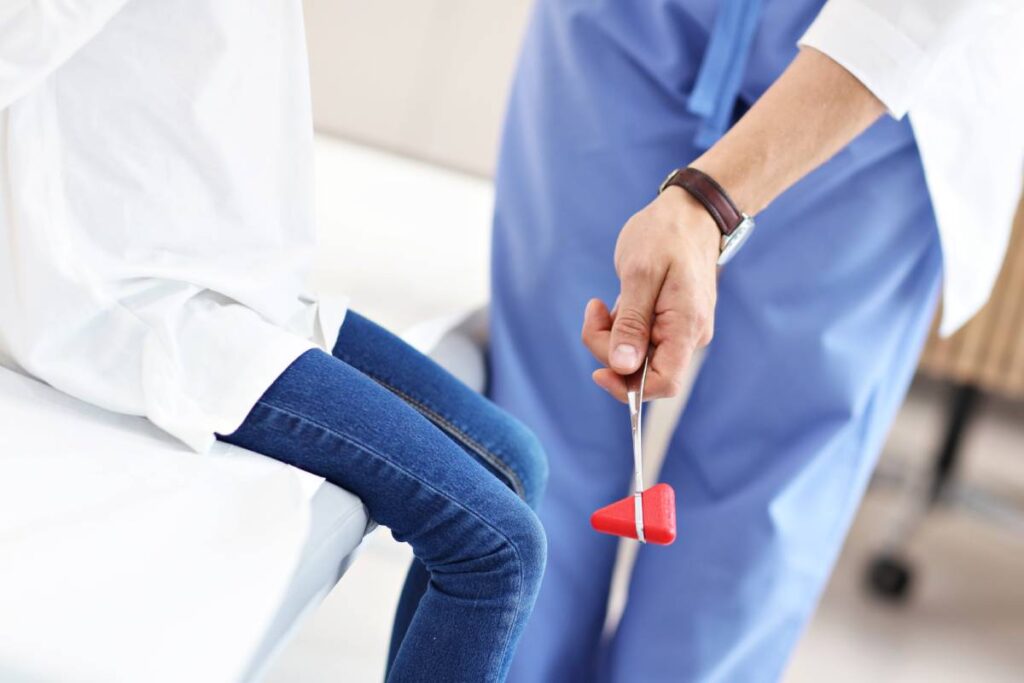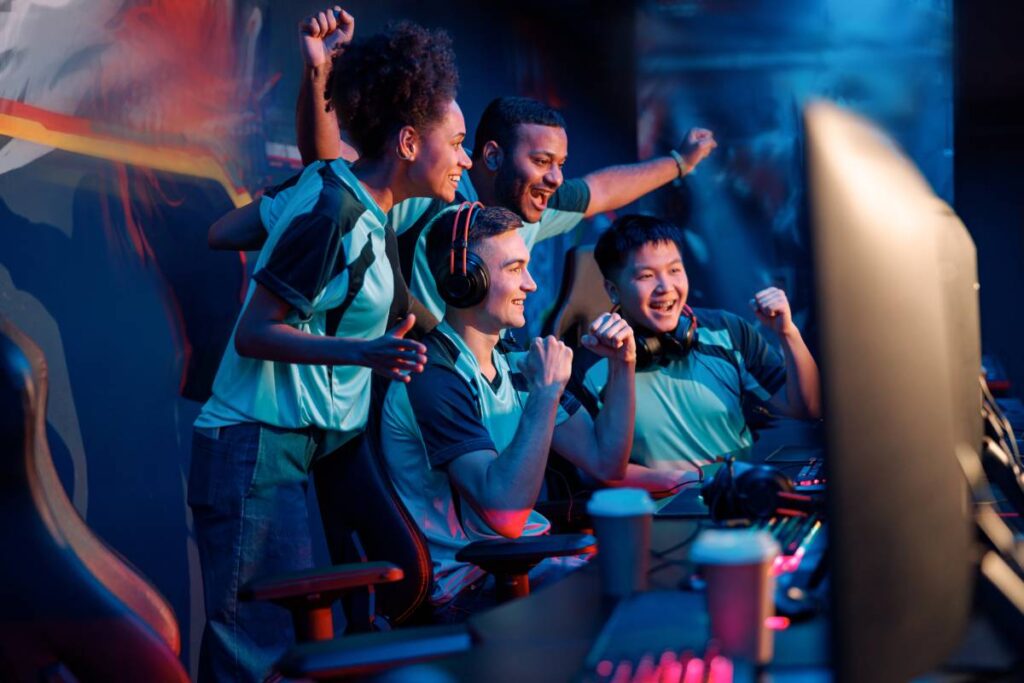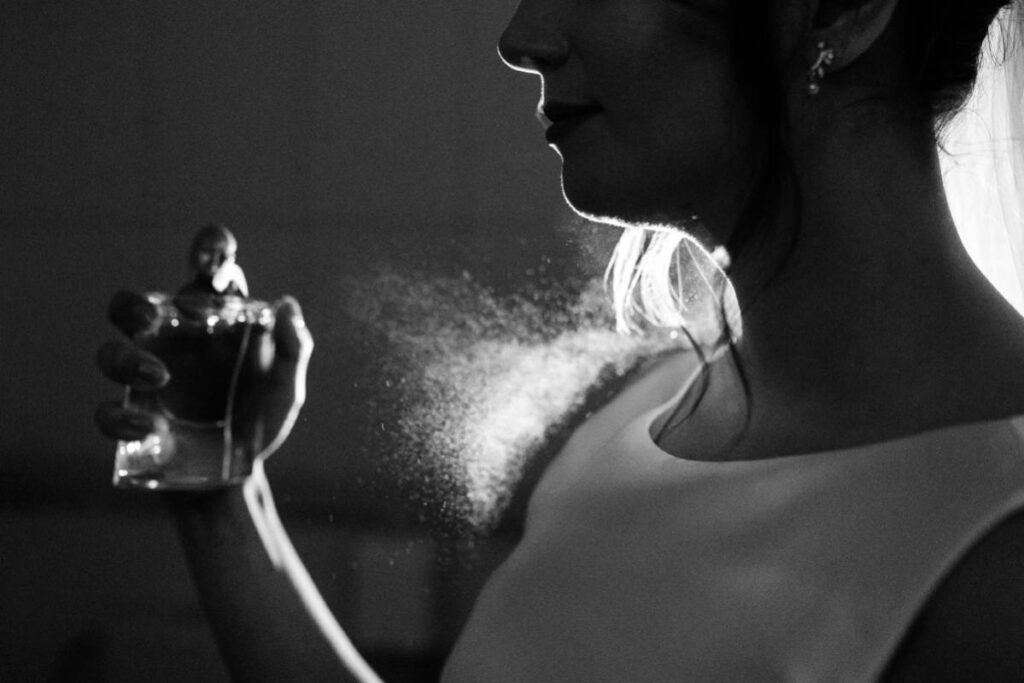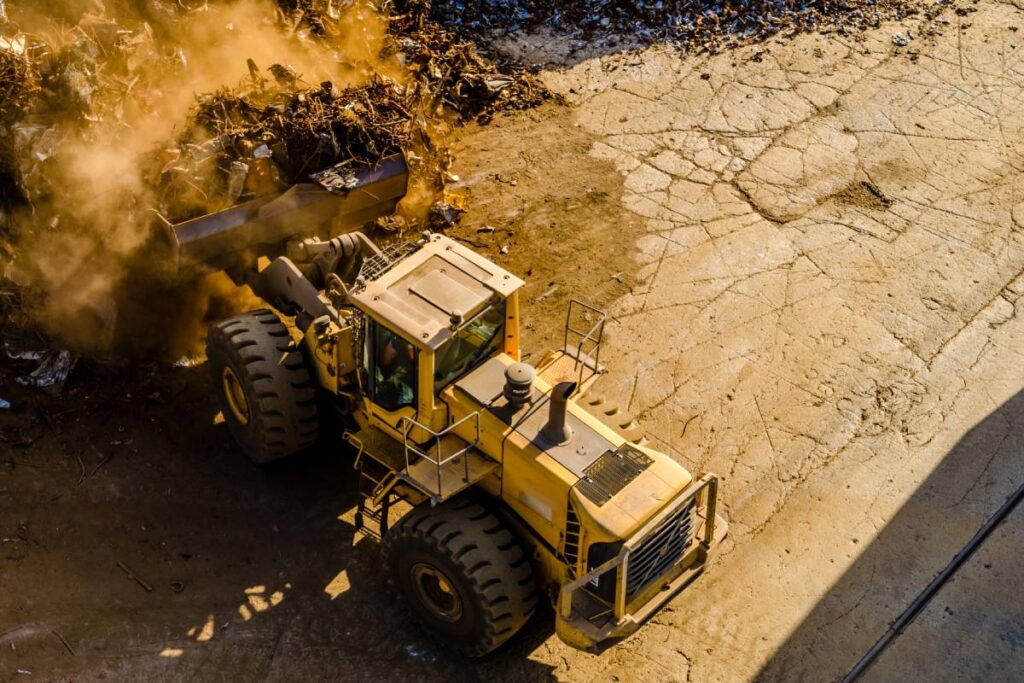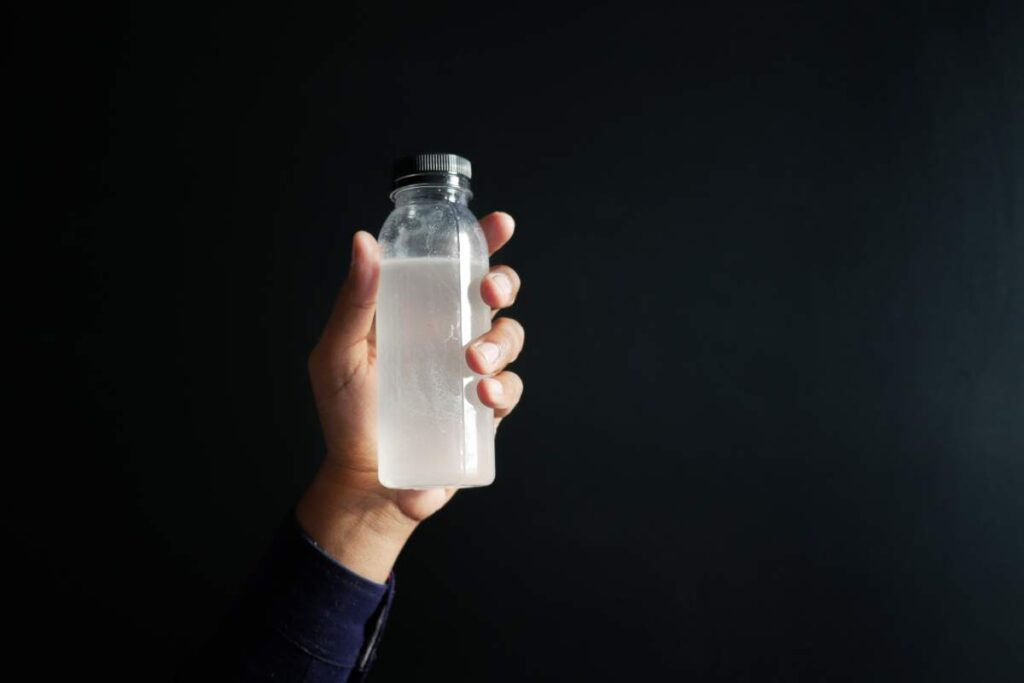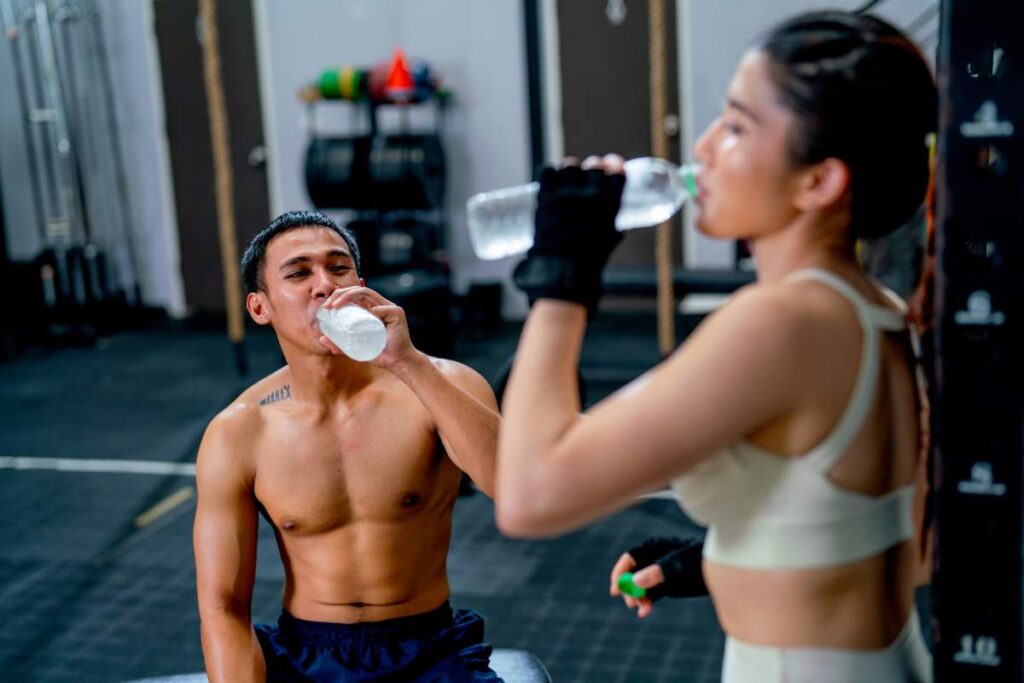What’s the Best Drink for Working Out?

Staying hydrated during a workout is essential for performance, recovery, and overall health. But with so many options available, ranging from water to specialized sports drinks, it can be difficult to determine which is best.
The ideal drink for exercise depends on several factors, including the intensity and duration of the workout, your body’s needs, and personal preferences.
In this article, we’ll break down different types of workout drinks and help you find the one that fits your routine.
Why Hydration Matters During a Workout
When you exercise, your body loses water through sweat. Water is vital to almost every bodily function, including regulating body temperature, lubricating joints, and delivering nutrients to cells. Dehydration, even in small amounts, can reduce your endurance, increase fatigue, and negatively impact your overall performance.
According to research, even a 2% drop in body weight from fluid loss can significantly impair physical and cognitive function. Therefore, replenishing fluids during your workout is crucial to staying sharp and performing at your best.
Water: The Classic and Reliable Option
For most people, plain water is the best drink for working out. It’s free, widely available, and effective at maintaining hydration during moderate exercise. If your workout lasts less than 60 minutes, water is often all you need to stay hydrated.
When Water is Ideal:
- Low to moderate-intensity workouts (e.g., walking, cycling, yoga)
- Short-duration activities (less than an hour)
- Workouts in cool or indoor environments
How Much Water Do You Need?
The amount of water you need depends on factors like body weight, climate, and workout intensity. A general guideline is to drink 500–600 ml (17–20 oz) of water two hours before exercising, and then sip water throughout your workout—about 150–200 ml (5–7 oz) every 20 minutes. After your workout, drink enough to replace any fluids lost through sweat.
Sports Drinks: Hydration and Electrolyte Replacement
Sports drinks like Gatorade and Powerade are designed to replace fluids and electrolytes (such as sodium and potassium) lost through sweat. Electrolyte water helps maintain the balance of fluids in your body, preventing dehydration and muscle cramps.
When Sports Drinks Are Beneficial:
- High-intensity workouts lasting over an hour (e.g., running, cycling, HIIT)
- Endurance sports like marathons or triathlons
- Hot, humid environments where excessive sweating occurs
- When your workout leads to heavy sweat loss
Most sports drinks contain carbohydrates (sugars) that provide a quick source of energy during prolonged activities. However, these drinks also contain added sugars, so if you’re not engaged in long, strenuous exercise, the extra calories may not be necessary.
Popular Sports Drinks to Consider:
- Gatorade: Contains a balanced mix of electrolytes and sugars, making it ideal for long endurance exercises.
- Powerade: Offers similar benefits to Gatorade but includes vitamins like B3 and B6 for added energy metabolism.
- BodyArmor: Contains coconut water, added electrolytes, and a range of vitamins without artificial flavours.
Coconut Water: A Natural Alternative
Coconut water has gained popularity as a natural sports drink. It is low in calories, rich in potassium, and provides moderate amounts of sodium, making it an excellent option for light to moderate workouts. Coconut water is also refreshing and has a mild, pleasant flavour.
When Coconut Water Works Best:
- Low to moderate-intensity workouts
- When you want a low-calorie, natural hydration option
- If you’re sensitive to artificial flavours or sweeteners in sports drinks
Though coconut water offers a good dose of potassium (which helps prevent muscle cramps), it’s lower in sodium than most sports drinks. Sodium is a crucial electrolyte for rehydration, especially during intense exercise. If you sweat heavily, coconut water alone may not be enough to replenish all electrolytes.
Electrolyte Tablets and Powders: Convenient Customization
If you want the benefits of a sports drink without the added sugars, electrolyte tablets and powders are a great alternative. These products dissolve in water to provide hydration along with essential electrolytes. They are often sugar-free or low in calories, making them a flexible option for various types of workouts.
Benefits of Electrolyte Tablets:
- Customizable: You can adjust the concentration to meet your hydration needs.
- Portable: Ideal for on-the-go hydration during long runs, hikes, or gym sessions.
- Sugar-free options: Many brands offer low-calorie or no-sugar alternatives.
Popular brands like Nuun and Hydralyte offer a range of flavours and formulations tailored to different hydration needs. Whether you’re focusing on recovery, endurance, or daily hydration, electrolyte tablets can be a versatile addition to your workout routine.
Protein Shakes: Post-Workout Recovery
While protein shakes are not typically consumed during a workout, they are a popular choice immediately after. Protein is essential for muscle repair and recovery, and consuming it post-exercise helps kickstart the healing process, especially after strength training or intense cardio.
When to Use Protein Shakes:
- After strength training to support muscle recovery
- Following high-intensity interval training (HIIT)
- When you want a quick and convenient post-workout snack
Whey protein is one of the most common types used in protein shakes due to its fast absorption and complete amino acid profile. Plant-based protein powders, such as peas, rice, or hemp, are great alternatives for those following vegan or vegetarian diets.
Should You Combine Protein with Carbs?
Some experts recommend combining protein with carbohydrates post-workout to replenish glycogen stores and improve muscle repair. A popular ratio is 3:1 or 4:1 of carbs to protein, which you can find in recovery drinks like chocolate milk or specialized recovery shakes.
Energy Drinks: A Cautionary Tale
Energy drinks like Red Bull or Monster may seem tempting for an energy boost during a workout, but they are not recommended for hydration or long-term performance. While they contain caffeine and sugars that can provide a temporary increase in energy, they may also lead to dehydration due to their diuretic effect.
Why to Avoid Energy Drinks During Workouts:
- High caffeine content can increase heart rate and blood pressure.
- Excess sugar can lead to energy crashes.
- They do not provide sufficient electrolytes for proper hydration.
Instead, if you need a pre-workout boost, consider drinking coffee or a specially formulated pre-workout supplement designed to enhance performance without the added sugars or stimulants found in energy drinks.
The Role of Caffeine: Boosting Performance
Caffeine, in moderate amounts, has been shown to improve athletic performance by enhancing focus, reducing the perception of effort, and boosting endurance. Many pre-workout supplements and energy gels include caffeine to give athletes a mental and physical edge.
When Caffeine is Useful:
- Before endurance events (running, cycling)
- Prior to high-intensity workouts that require focus
- To improve reaction time in sports like tennis or basketball
However, caffeine should be consumed in moderation—about 200-400 mg is generally considered safe for most adults. Too much caffeine can lead to jitteriness, increased heart rate, and dehydration.
In Conclusion: The Best Drink for Your Workout
There is no one-size-fits-all answer to the question of the best drink for working out. The right drink depends on your specific exercise regimen, the climate you’re in, and your body’s unique needs. Here’s a summary to help guide your choice:
- For short, low-intensity workouts: Water is your best bet.
- For long, intense sessions: Opt for a sports drink with electrolytes and carbohydrates.
- For a natural alternative: Coconut water can work for light to moderate exercise.
- For post-workout recovery: A protein shake with or without carbs is ideal.
- For added electrolytes without sugar: Try electrolyte tablets or powders.
Remember, staying hydrated is the key to maximizing your workout performance and maintaining overall health. Drink enough before, during, and after your workouts to stay on top of your game!














